As a caregiver for my mum, who has Alzheimer’s, I’ve found myself constantly trying to make sense of her condition. Over the years, I’ve come to believe that seeing dementia as a disability not just as a disease, helped me change the way I supported and cared for her.
When mum was diagnosed with Alzheimer’s disease it was a nightmare. We had a difficult time at diagnosis because of mum’s fear, the lack of cultural understanding and the clinical nature of the whole experience.We didn’t get the support we needed at the time.
What we really needed was practical advice on how to handle our new situation, not leave after being presented with medical terminology that we didn’t understand and consultation that didn’t take account of our cultural differences or needs.
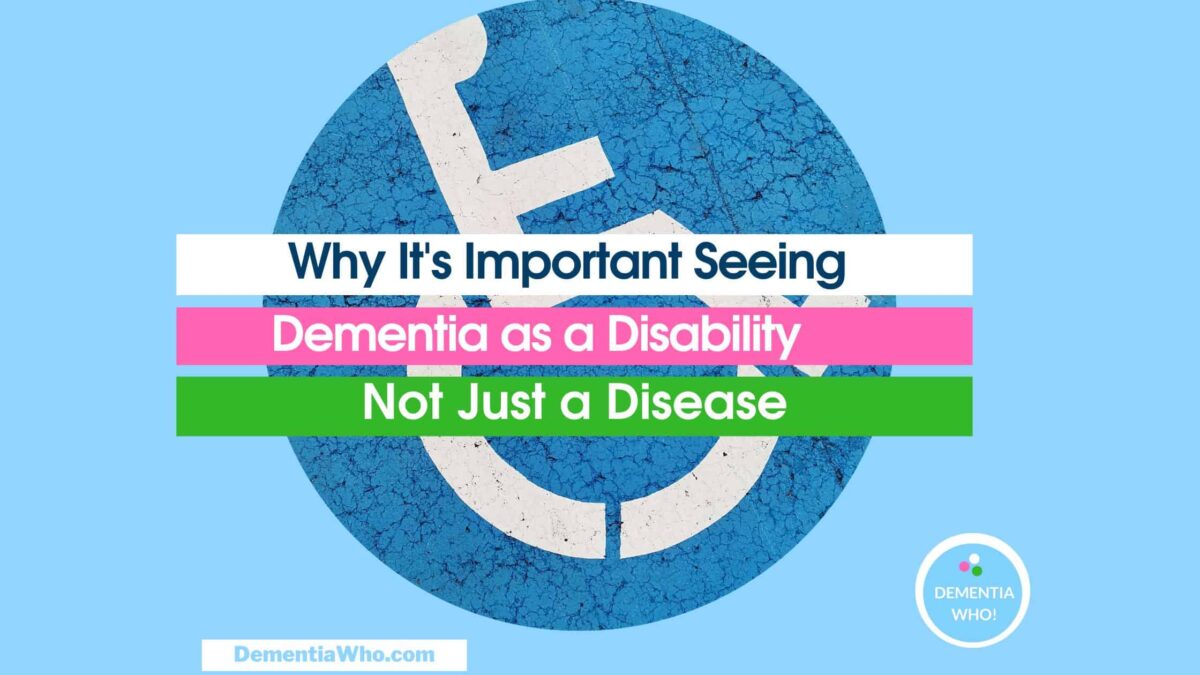
The Medical Mumbo-Jumbo
I know mum was scared after her diagnosis, so I did everything I could to learn about dementia, mainly what it was, how it affected her brain and how we could slow the disease down. There was no cure, so the focus was how and what we could do medically to help mum with our local GP. I didn’t consider this in any other terms, until much later.
Dementia is a catch-all term for symptoms like memory loss, confusion, and difficulty with daily tasks. It’s not one single illness but a collection of symptoms caused by various diseases affecting the brain, with Alzheimer’s disease being the most common.
There’s a ton of information out there and you can definitely get lost in all that medical mumbo-jumbo!
I became obsessed with researching ongoing trials, natural remedies (remember the Mary Newport’s coconut oil treatment for her husband), different diets and more, anything that could slow down the progression. It was all about what Mum was losing, what she couldn’t do anymore, everything to try to prevent mum from deteriorating.
And that just wasn’t good for either of us, it’s depressing looking at dementia in that way, whatever I hoped, I couldn’t stop it, we know that it’s a progressive condition. So something had to change.
Why It’s Important Seeing Dementia as a Disability, Not Just a Disease
A disease is something that doctors treat, it’s biological. It’s about the neurological changes, cognitive & physical decline, a medical model of managing symptoms just reduces a person to their diagnosis. We’re just looking inward but life is much more than that, if we shift our focus to the social model of disability then we look outward at what barriers stop our loved ones living the life they want where they are right NOW living with dementia.
By recognising dementia as a disability, the emphasis shifts to accessibility and inclusion of those affected, rather than solely on their medical treatment. The Equality Act 2010, gives us rights and protections from discrimination. It says that you’re disabled if “you have a physical or mental impairment that has a ‘substantial’ and ‘long-term’ negative effect on your ability to do normal daily activities.”
And yes, dementia definitely falls under this definition, it is a progressive condition but even if you’re disabled you are still able to do almost anything if society removes the environmental and societal barriers that we face. This social model of disability acknowledges that our loved ones can have fulfilling lives with appropriate support, inclusive environments, bringing independence and dignity to life.
It’s a more positive and empowering view if people see it as a disability that needs support rather than a condition to be fixed, and it emphasises abilities not someone’s deficiencies. This distinction might sound small, but it’s huge in terms of caregiving, for your loved ones and the lives of those living independently with dementia.
This new perspective has also helped me explain things to others. When I tell people Mum has a disability, they seem to understand better that she needs some extra help or patience, without the fear and stigma that often comes with “Alzheimer’s disease” especially in our community. You see a slight shift, a look in someone’s eye when you mention dementia, voice tone changes and they’re not sure what to say or do sometimes. I don’t hide that mum has Alzheimer’s, I just break the ice by explaining she has a disability first.
The Bigger Picture
I’ve started noticing how our community isn’t really set up for people with cognitive disabilities. The lack of personal support, confusing layouts in buildings, simplifying or even having signage, the lack of quiet spaces, complicated forms at the doctor’s office or for benefits, the lack of communication aids when you’re losing your speech – all these things make life harder for Mum.
Things have gotten a lot better, thanks to the dementia self-advocacy movements who make sure that their voices are included and heard in decisions being made to protect their autonomy, dignity, and equality of life. Individuals living with dementia are playing a crucial role in shaping policies, and challenging stereotypes.
You see pockets of changes in some communities, but much more still needs to be done viewing dementia as disability prompts leaders to consider how physical spaces, social interactions, and information can be made more dementia-friendly, consistently, not subject to a postcode lottery of services available in your area.
Our Personal Experiences
Over the years, I’ve seen how viewing Mum’s condition as a disability has helped us find better ways to support her.
This shift in perspective has helped me change my caregiving approach. It’s about creating environments where Mum can thrive. Simple things, using technology, adding disability aids, labelling drawers and keeping a consistent routine, have made our home a safer and more comfortable place for her.
Viewing it as a disability moved my focus to how we could adapt our lives to support Mum better, to ask for more, look for dementia-specific programs in the community, and fight for what she needs to make sure “reasonable adjustments” are made for mum to participate fully in life.
I’m still figuring it out, viewing Alzheimer’s as a disability doesn’t magically make everything better. Mum still has tough days, and so do I. But it does give us a different framework to work with, one that feels more positive and proactive. But I can’t help feeling that if more people – doctors, government, society at large – started thinking about dementia as a disability as well as a disease, we might see some more positive changes.
What do you think? Have you ever considered dementia this way? Let me know your thoughts and experiences.

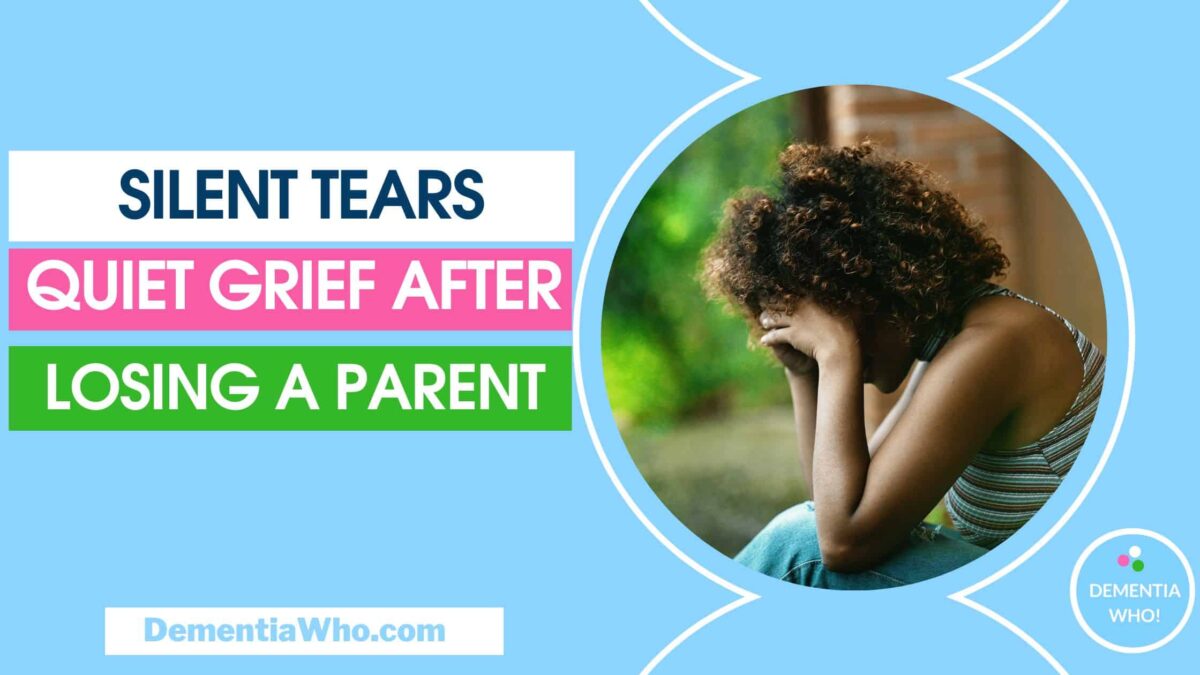
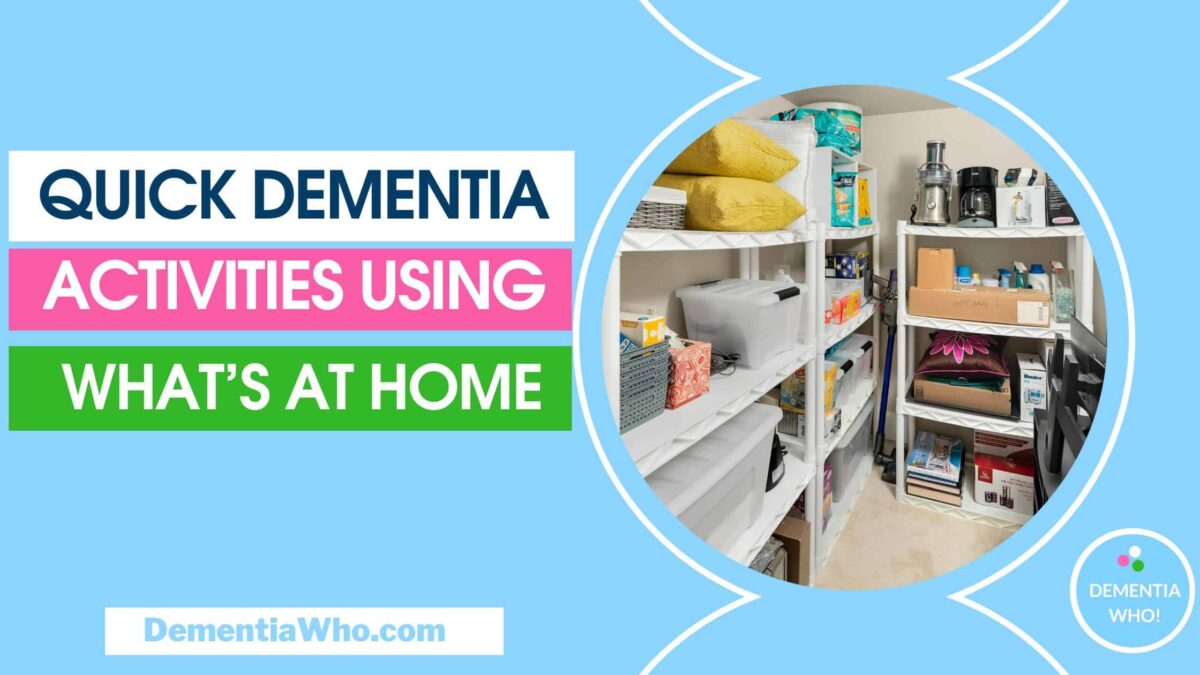
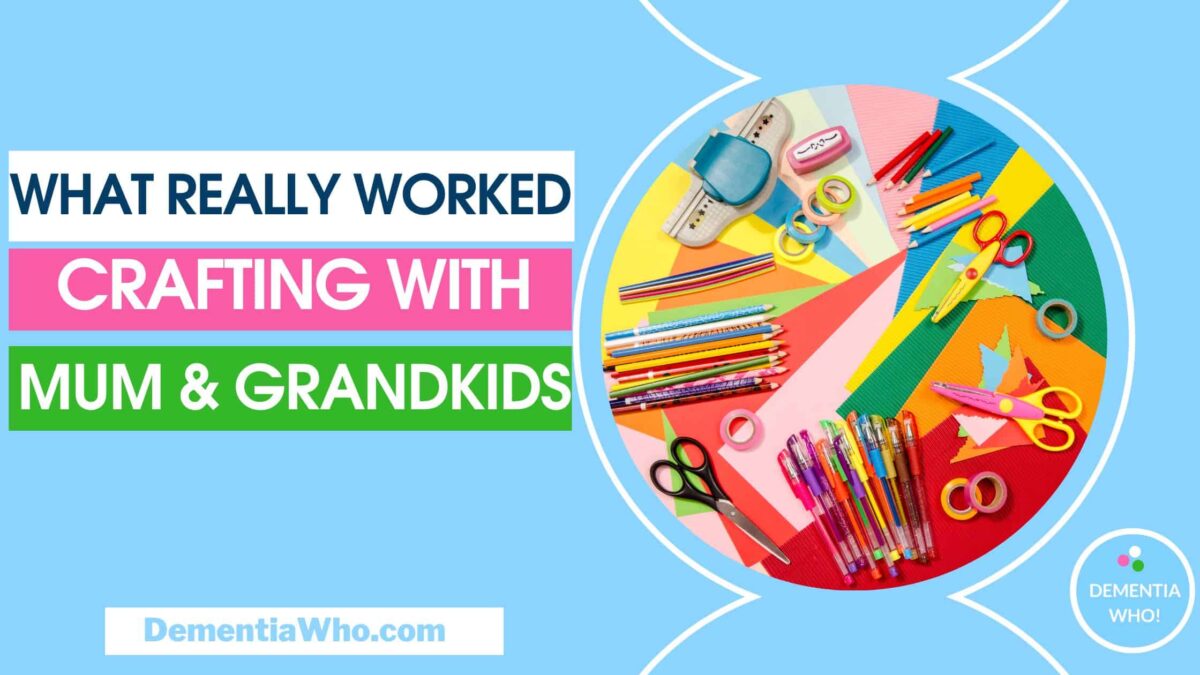
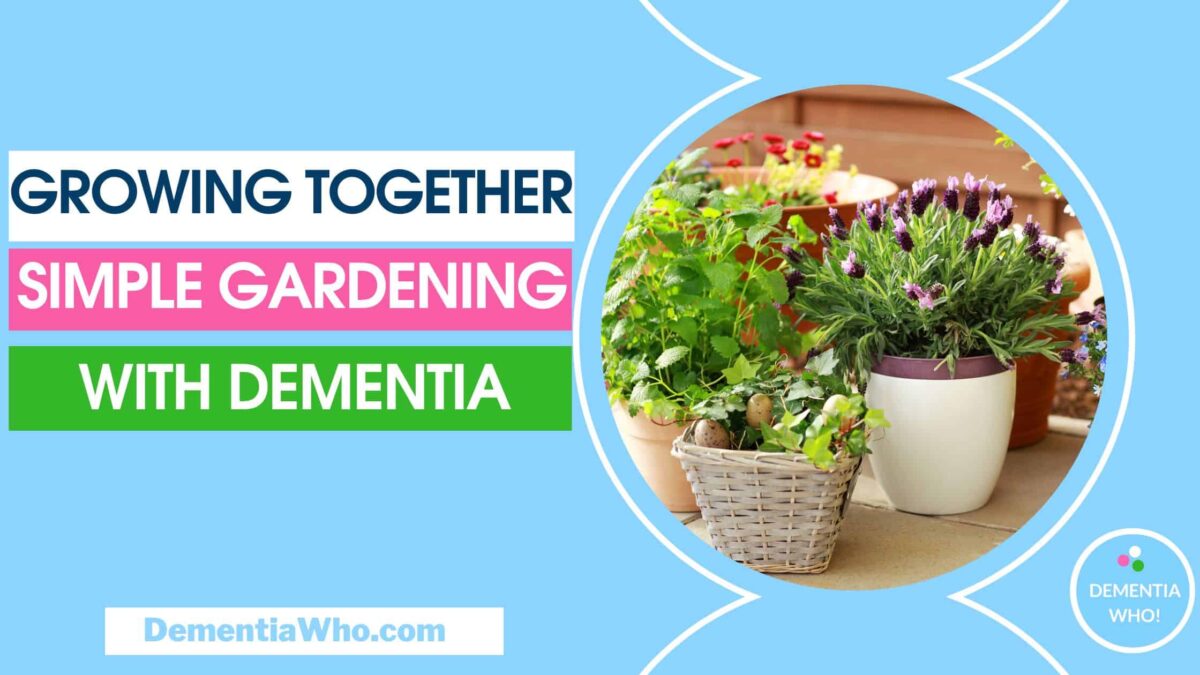
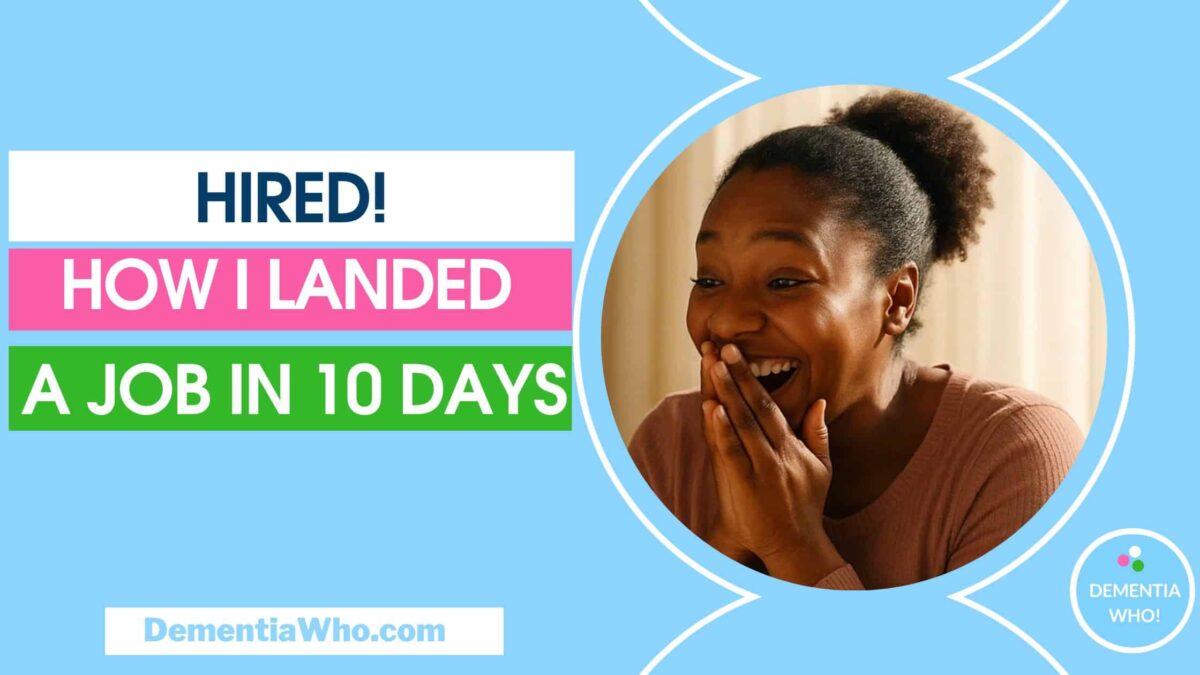
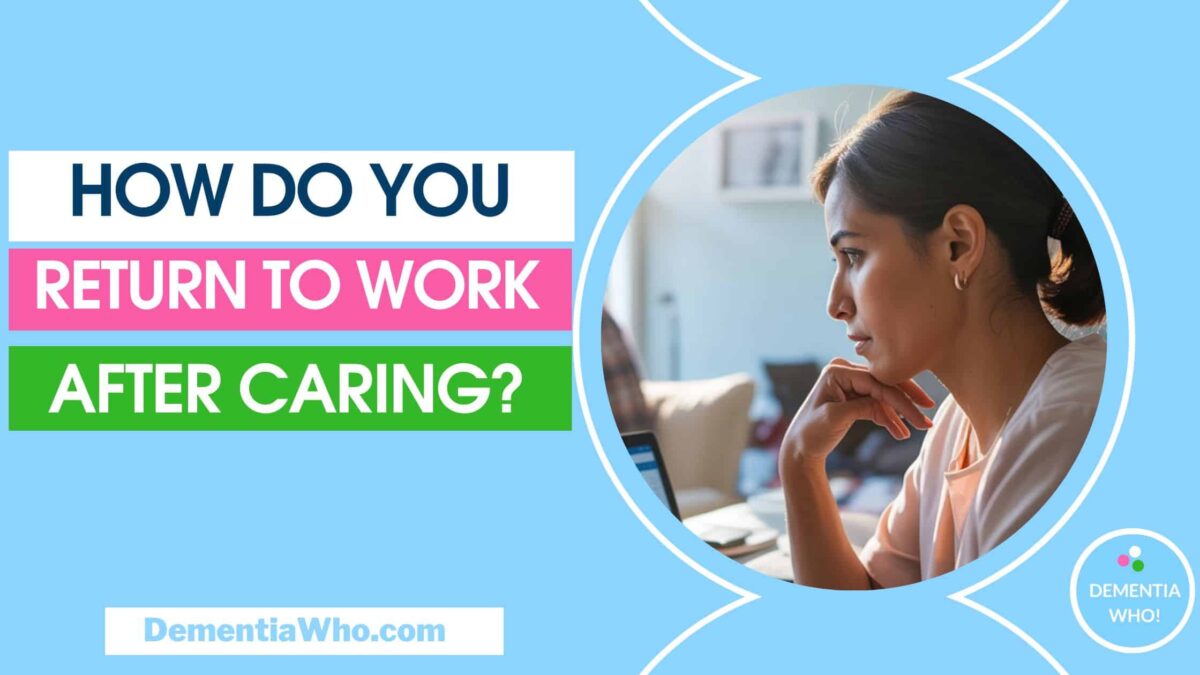


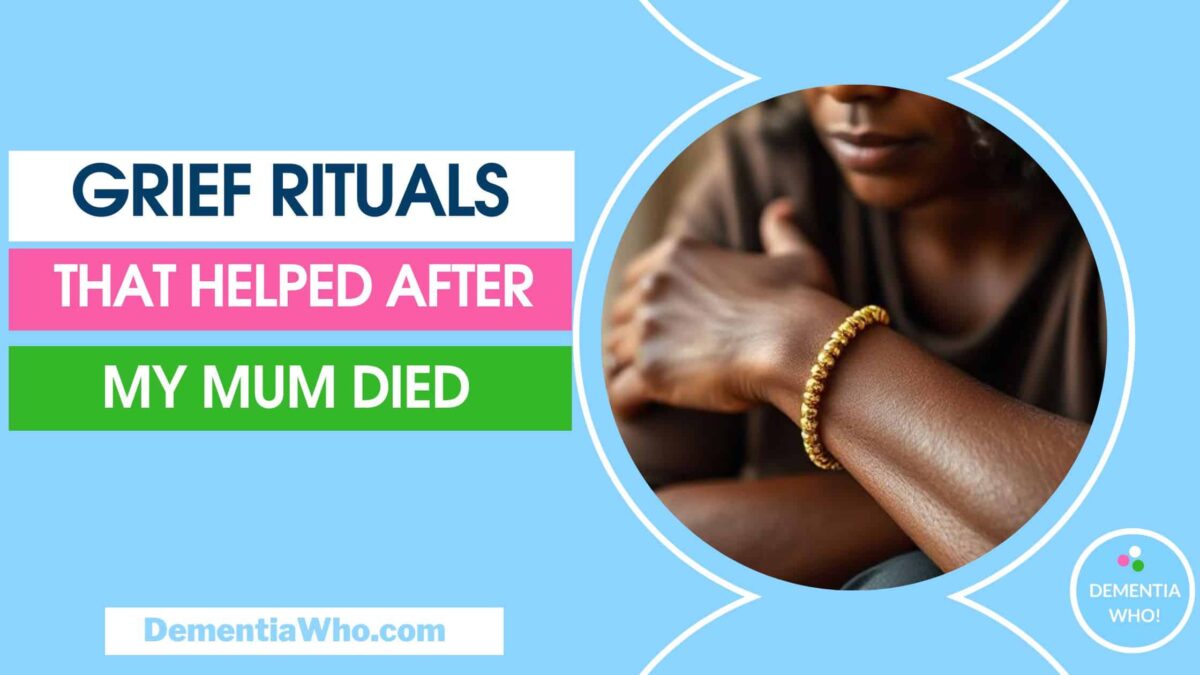
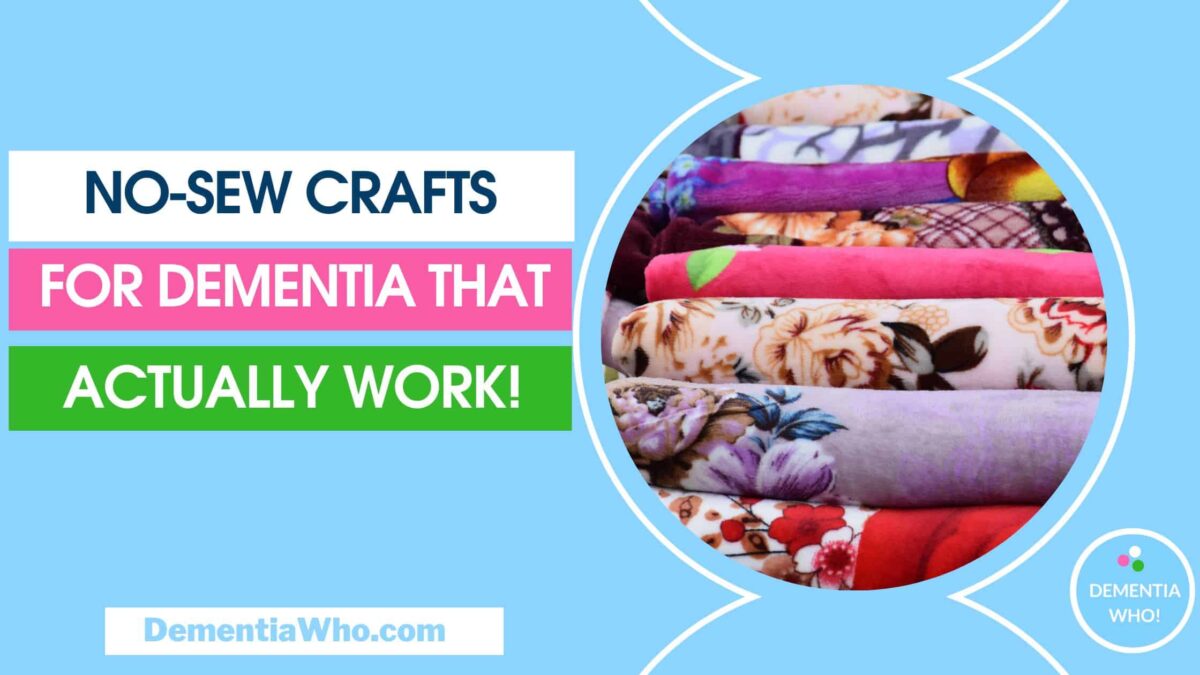
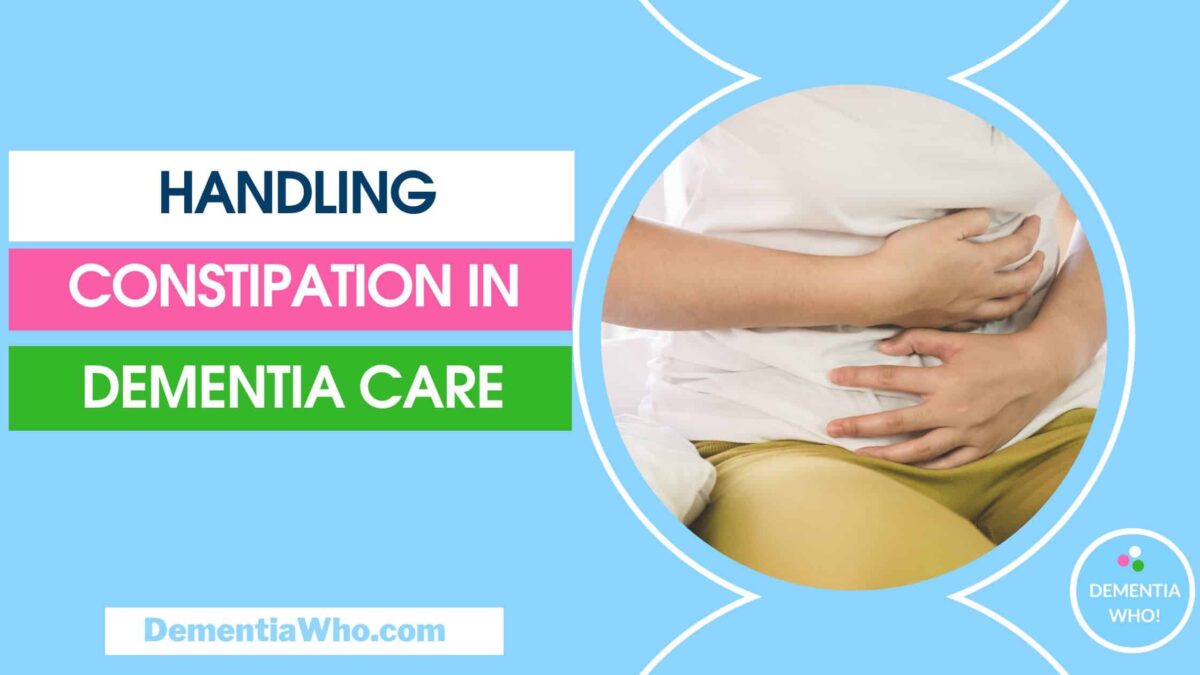
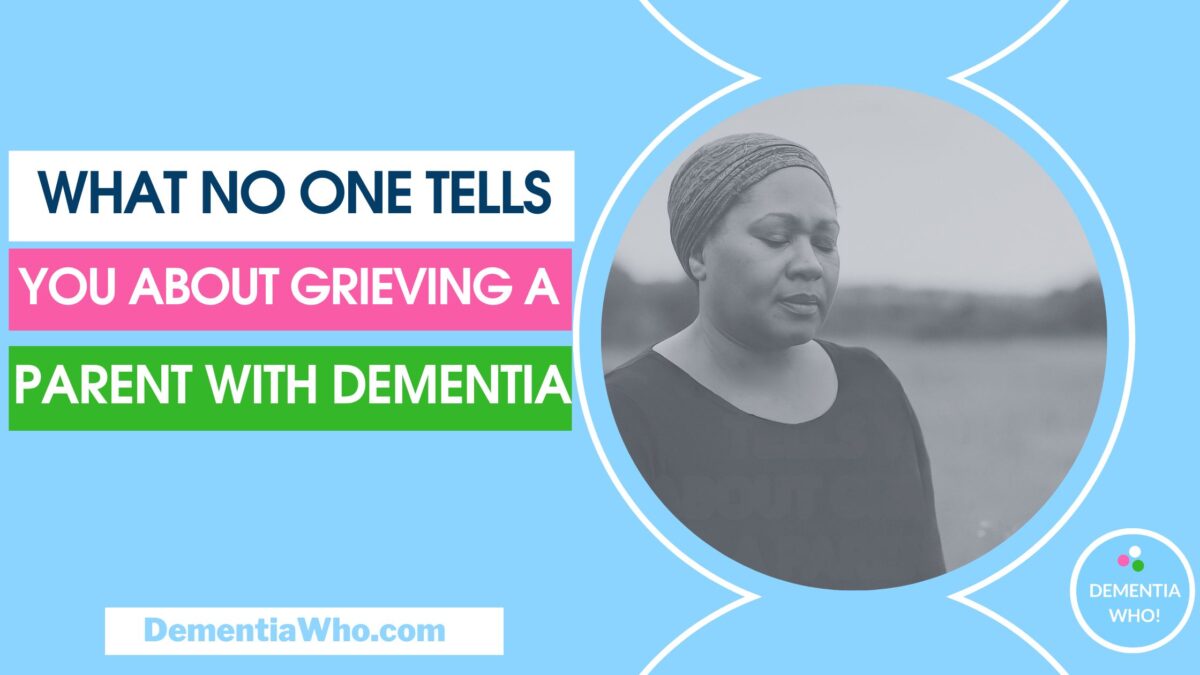
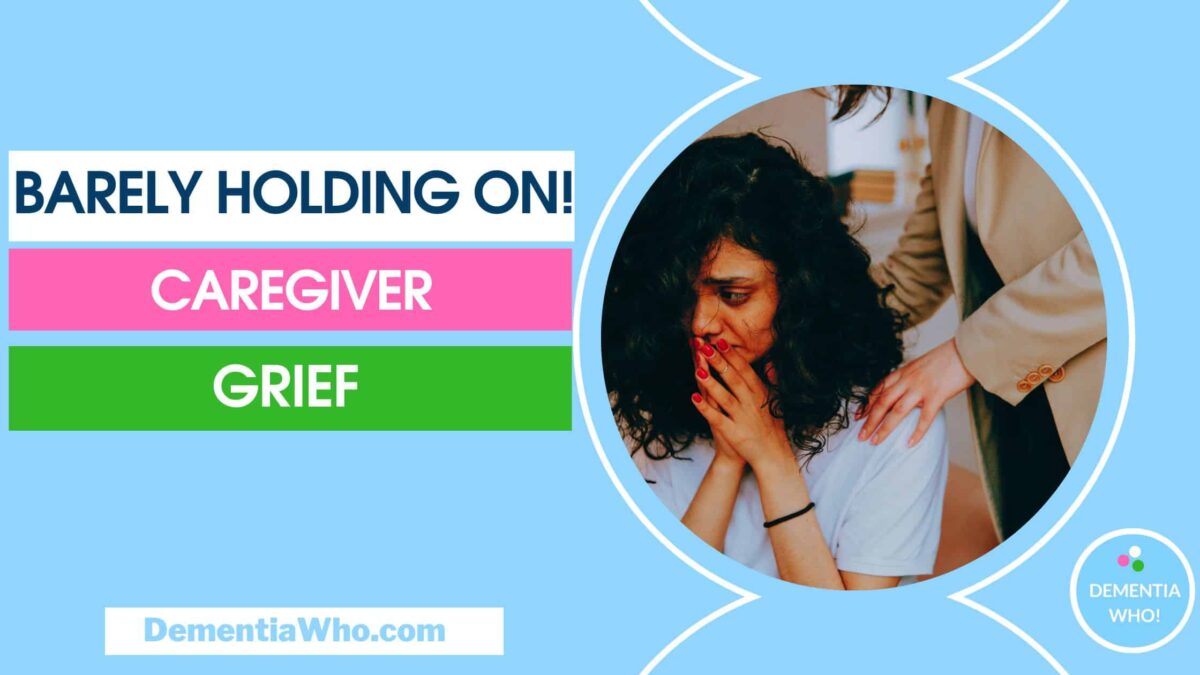
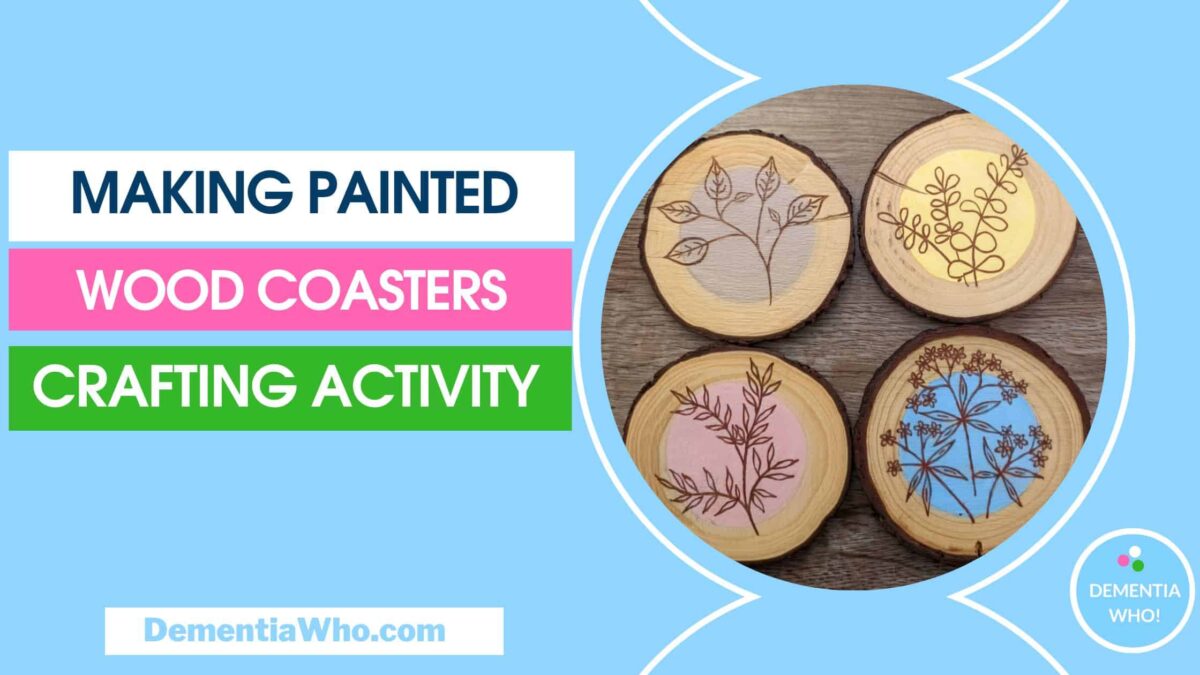
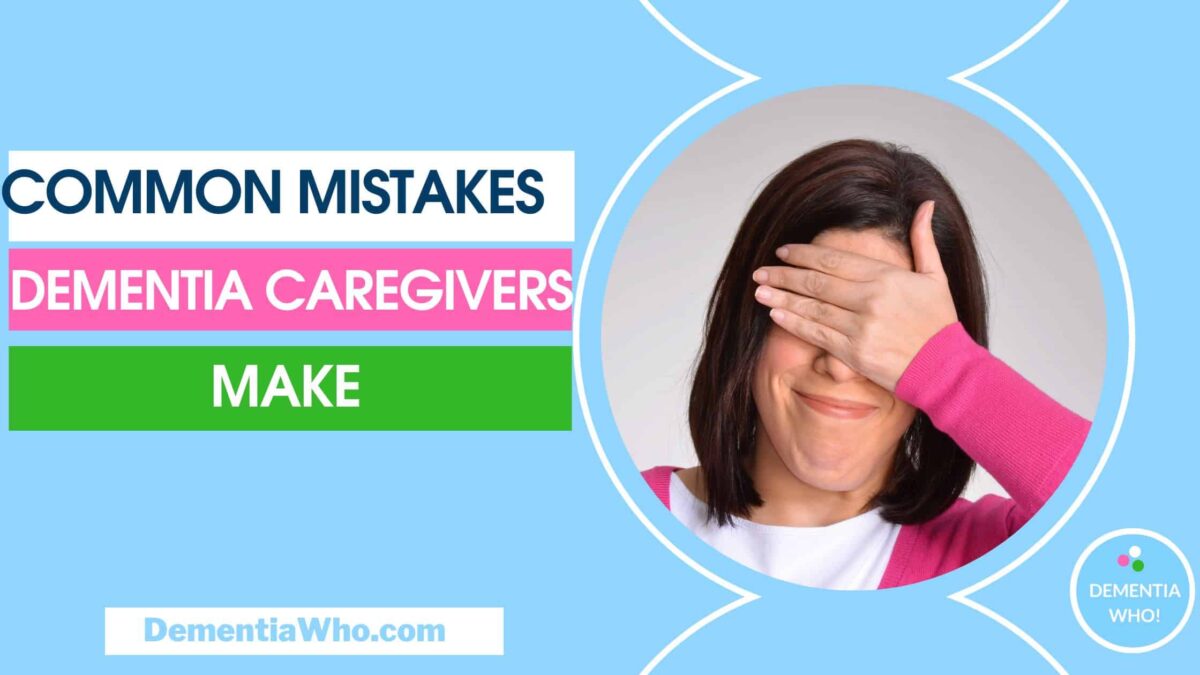
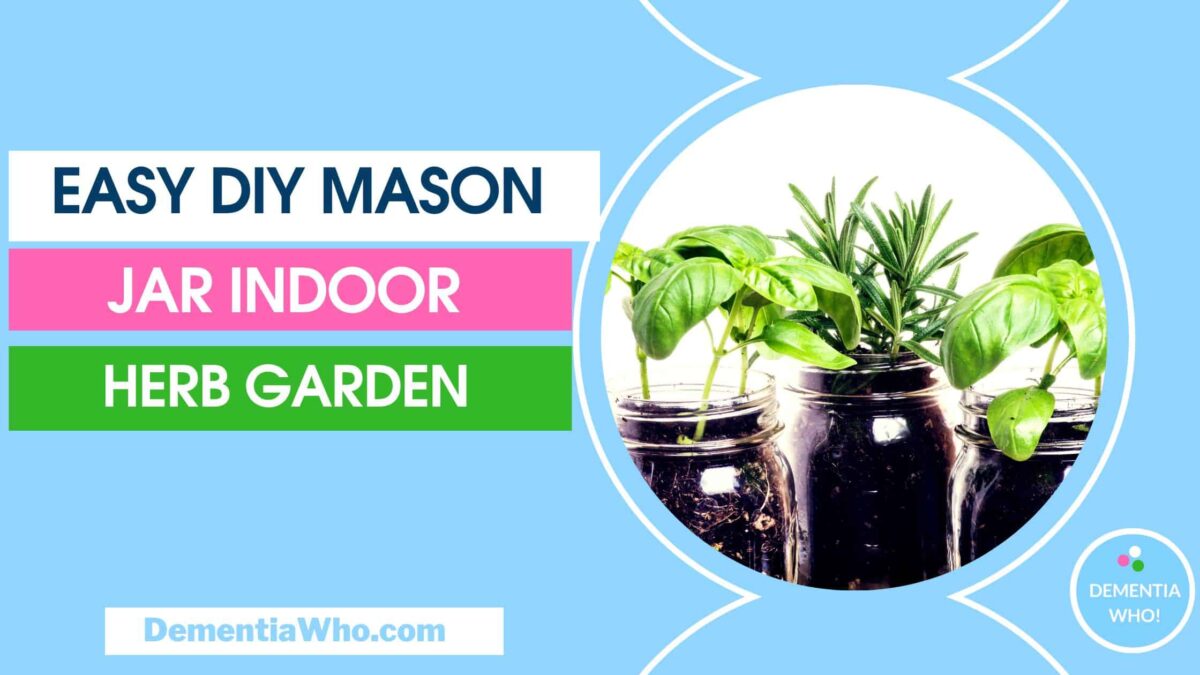
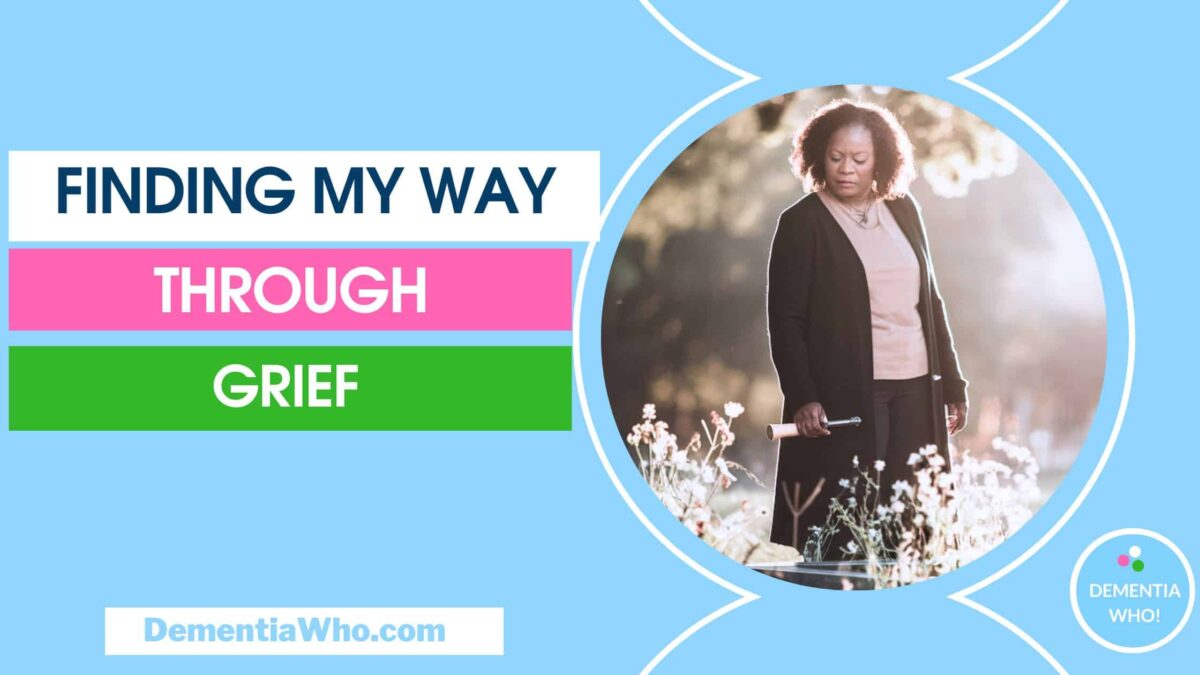

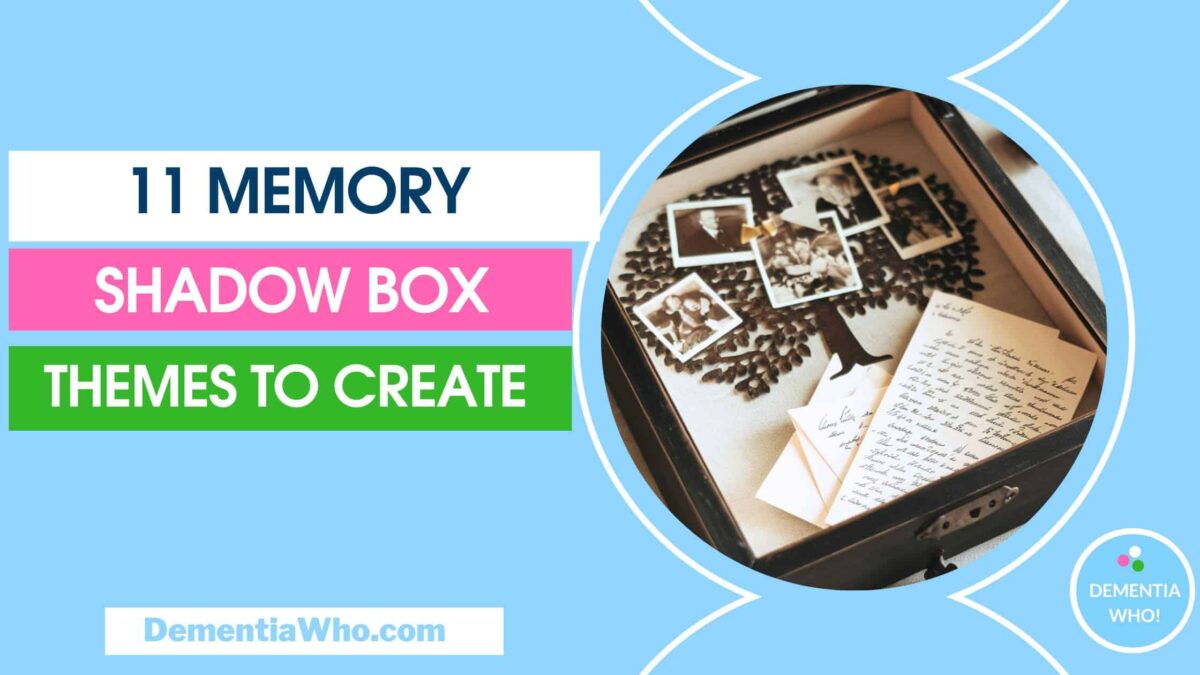


Yes, I agree with you that dementia is a disability. And more needs to be done to make it easier for those with dementia to live in society and keep what independence they can.
Thank you
Yes ,it is easier to start any explanation with “disability” rather than the big D.
Group conversations can be dicey .
Also how to start conversations with PWD may be challenging for most .